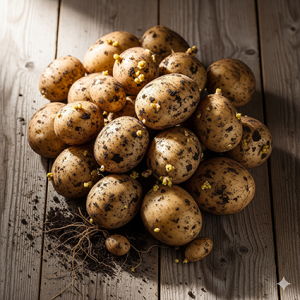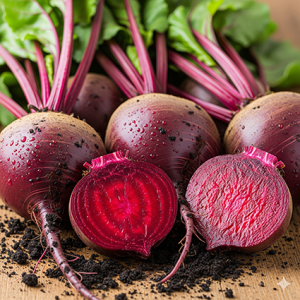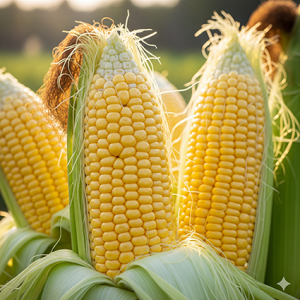


Besides corn, potatoes, and beets, vegetables that diabetics should be cautious about are those with high starch content or a high glycemic index (GI). However, this doesn’t mean they should be avoided outright; the cooking method and amount consumed can significantly affect blood sugar levels.
The following vegetables should be avoided by diabetics and their reasons:
- Carrots: Raw carrots have a low glycemic index and are relatively safe. However, cooking them, such as boiling or stir-frying, can increase their glycemic index. Caution is especially advised when chopping carrots and cooking them with honey or sugar, as this can rapidly raise blood sugar levels.
- Pumpkin: Pumpkin, in particular, is high in carbohydrates and has a high glycemic index. Porridge or juice made from it can rapidly raise blood sugar levels, so it’s best to avoid it.
- Parsnip: A root vegetable similar to a potato, Parsnip has a very high glycemic index. Boiling or boiling it can have a particularly significant impact on blood sugar levels. • Jerusalem artichokes: While rumored to be “good for diabetes,” Jerusalem artichokes are often overconsumed. However, they also contain carbohydrates, which can actually increase blood sugar levels if consumed in excess. It’s recommended not to consume more than 140g at a time.
- Chestnuts: Chestnuts are sometimes classified as vegetables, but their high starch content can quickly raise blood sugar levels.
- Sweet potatoes: Sweet potatoes are rich in dietary fiber, which helps moderate blood sugar spikes. However, their high carbohydrate content prevents them from being consumed in large quantities at once. Their glycemic index (GI) increases even more when baked or fried, so it’s best to boil or steam them in moderation.
Caution: - Cooking methods: Even vegetables that are baked, fried, or mashed can increase their GI. Conversely, eating them raw or lightly steamed is more beneficial for blood sugar management.
- Amount consumed: Even the healthiest vegetables can affect blood sugar levels if consumed in excess. Moderation is key. • Sauces and Additives: When preparing vegetables, using seasonings that raise blood sugar levels, such as honey, sugar, or syrup, can diminish the health benefits of the vegetables themselves.
In short, rather than avoiding all vegetables outright, it’s important for people with diabetes to be aware of and consume vegetables with high starch content and those whose glycemic index can vary depending on how they’re prepared.